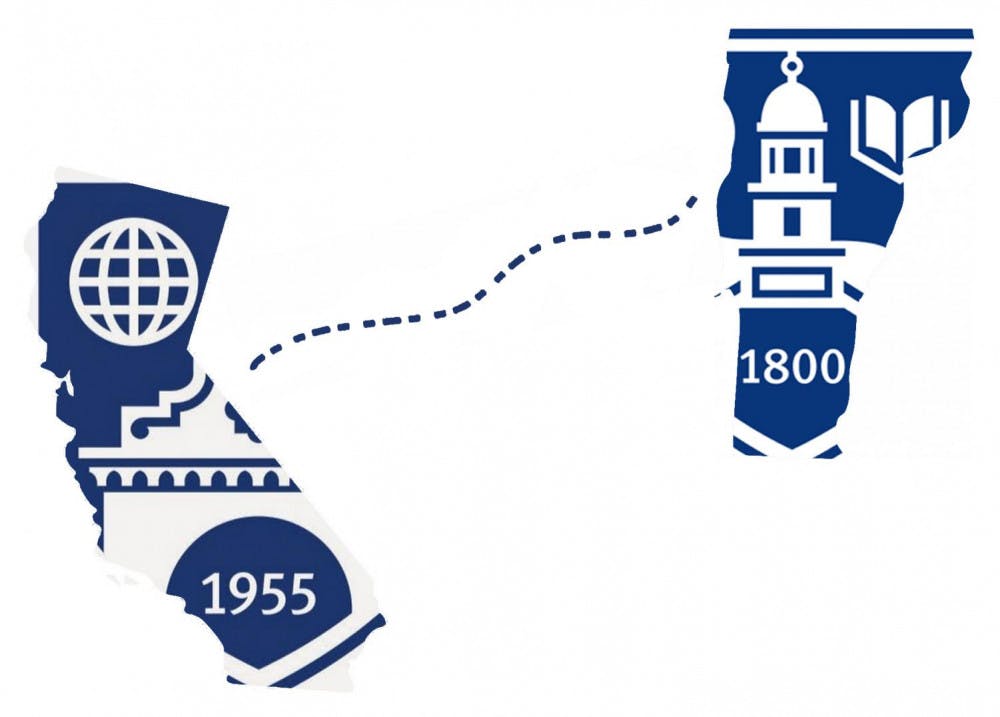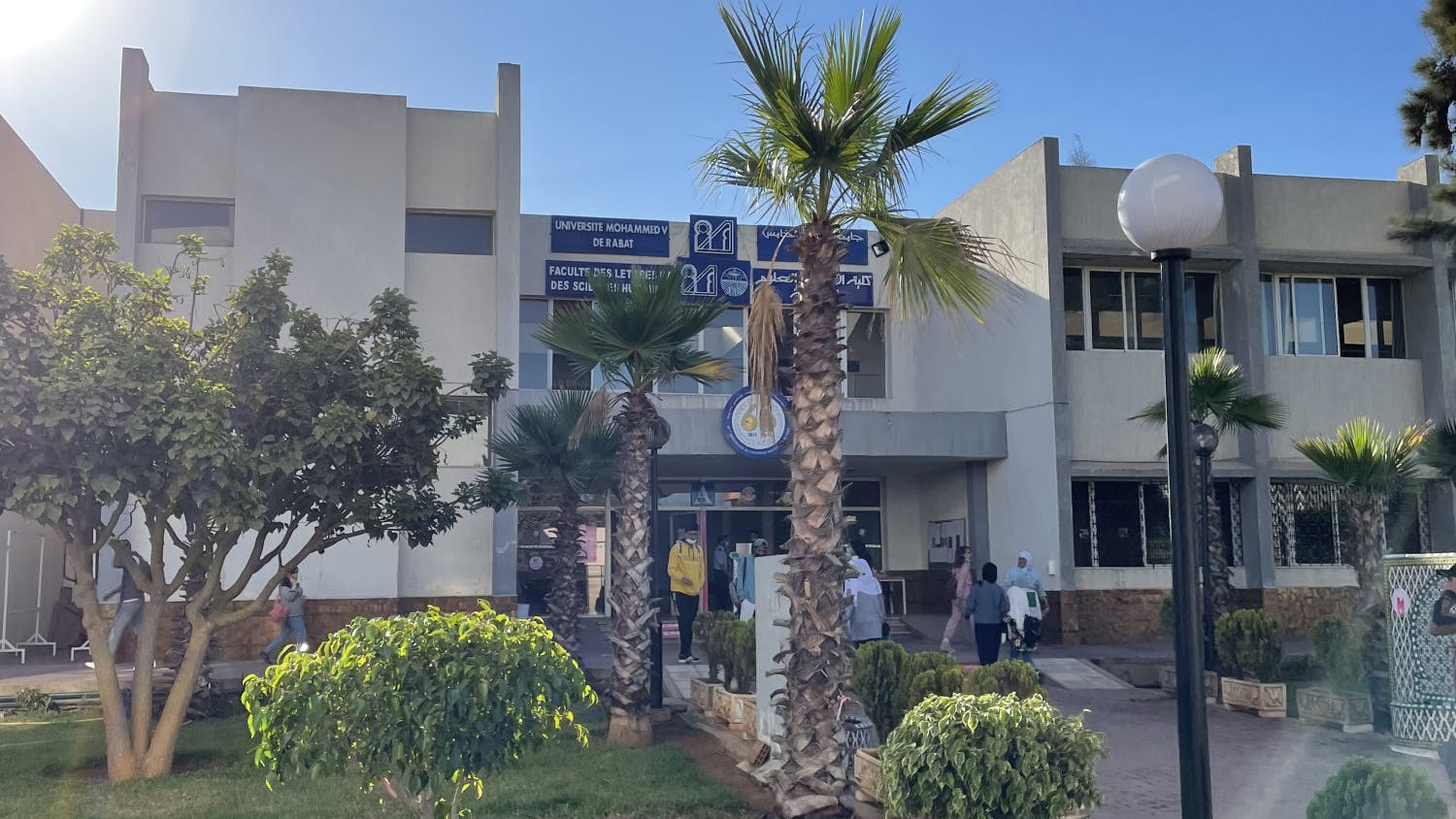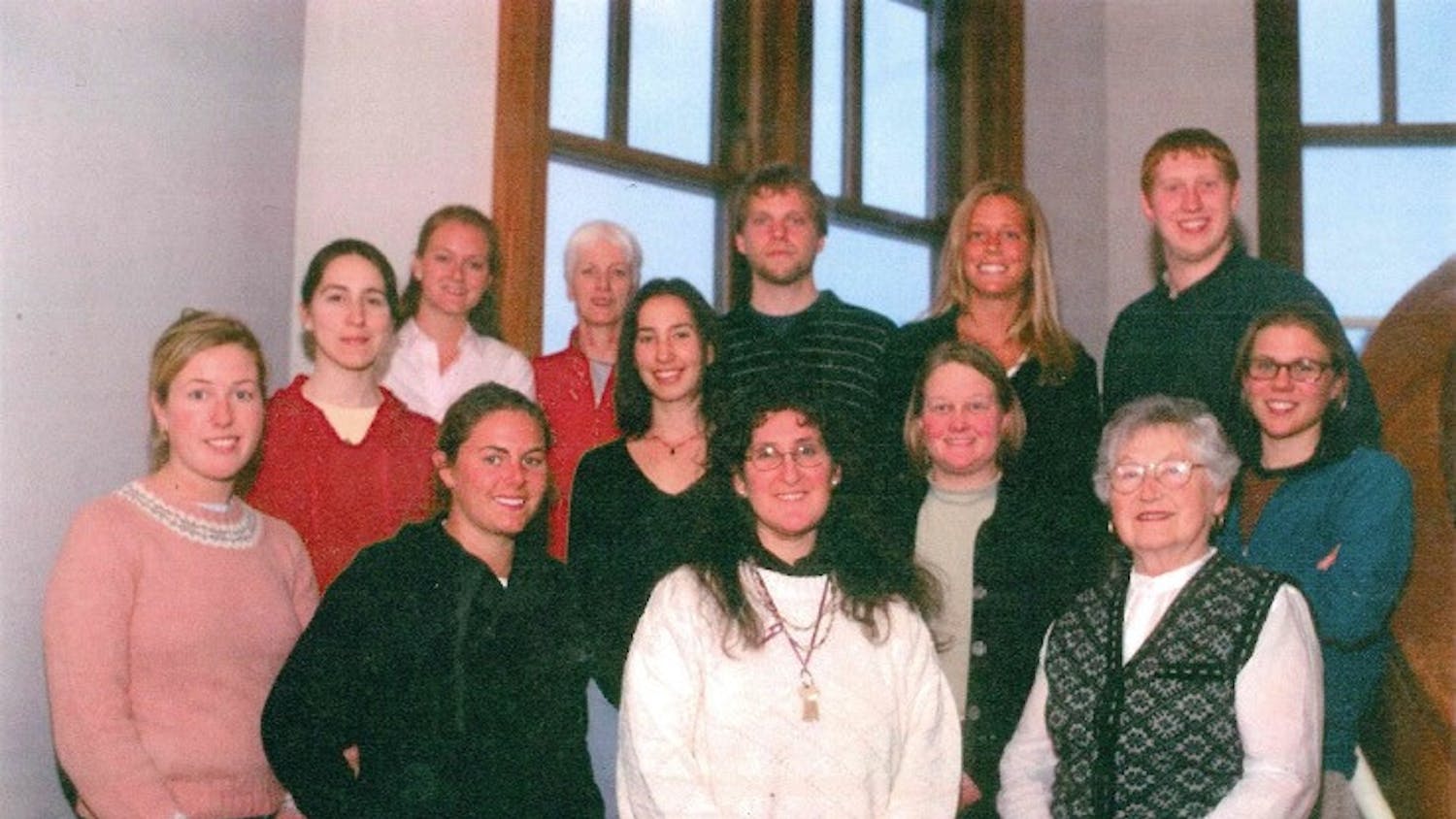Nonproliferation, economic diplomacy and localization management are terms seldomly heard on the college’s Vermont campus.
But 2,500 miles away on the coast of California, more than 600 graduate students and hundreds of faculty and staff research these very topics at the Middlebury Institute for International Studies (MIIS), an establishment as deeply institutionally intertwined with the college as its Schools Abroad or Bread Loaf School of English.
In 2005, Middlebury College’s then-President Ronald Liebowitz floated the idea of affiliating the college with the Monterey Institute, as it was known at the time. The institute was a graduate school founded in 1955 with a focus on foreign languages that evolved to include programs in areas like international policy, translation studies and terrorism studies. In 2003, it was placed on probation by its accreditation institute because of a pattern of operating deficits.
A 2005 Faculty Council vote about the possible acquisition of the institute overwhelmingly opposed the idea, with nearly 80% voting against acquisition. Liebowitz and the Board of Trustees pursued an affiliation anyway, at which point the college absorbed the institute’s debts and assets. Five years later — in 2010 — the college officially acquired MIIS, and by 2015, the school was renamed The Middlebury Institute of International Studies at Monterey.
Over the last 15 years, administrators have made extensive efforts to bring the two institutions closer together. They’ve created funds to encourage inter-campus interaction, promoted collaboration between faculty and created opportunities for undergraduates to study away at MIIS. However, relations between MIIS and the college remain disjointed, partially as a result of their separate histories but manifesting more recently in financial concerns.
In April 2020, as the Covid-19 pandemic intensified, Middlebury’s faculty gathered to vote on the Sense of the Faculty Motion submitted by college Professor of Mathematics Frank Swenton recommending detaching MIIS from the college. The motion was spurred by fears of impending financial challenges resulting from the pandemic. Swenton believed disconnecting the schools was the most effective immediate step in avoiding risk of cuts to salaries and services at the Vermont campus.
The motion sparked renewed debate in both Vermont and California about the place of MIIS in the college’s mission. In this series, we explore the forces, people, events and decisions that led to the relationship between the schools, the sentiments that persist at both institutions and visions for the future of the relationship.
Click through the parts below to read more.
Part 1: An Unstable Spring
In the Spring of 2020, Covid-19 economic uncertainty further destabilized the college’s already precarious financial standing. As a result, discontented college faculty members suggested that the school disassociate from MIIS in order to protect the financial future of the college.
Part 2: California Dreamin'
The acquisition of MIIS was the project of former College President Ronald Liebowitz. Liebowitz’s sometimes contradictory statements have been cited by proponents of the faculty motion as misrepresentative of what eventually became the acquisition of the institute.
Part 3: Show Me The Money
A central component of the faculty motion was concern about the Institute’s financial standing, and its drain on the college; further investigation into the realities of MIIS’ budget reveal a far more nuanced situation.
Part 4: Making Waves Out West
As news of the faculty vote reached Monterey, many faculty members were disheartened. Although today the institute is very much a part of the college, and after painful austerity measures, the faculty vote was a harsh reminder of how some at the college feel about the graduate school.
Part 5: Lost in Translation
While the faculty motion cites budgetary concerns in its opposition to MIIS, supporters of Monterey suggest deeper cultural forces are at play. Different personal and professional experiences with the Institute inform vastly different opinions on the role of MIIS with the College.
Part 6: Looking Ahead
With the failure of the faculty motion, faculty and staff at both schools must learn how to better connect with their counterparts. Many are optimistic that the pandemic and its technological shifts will enable better collaboration and community.

Riley Board '22 is the Editor in Chief of The Campus. She previously served as a Managing Editor, News Editor, Arts & Academics Editor and writer.
She is majoring in Linguistics as an Independent Scholar and is an English minor on the Creative Writing Track.
Board has worked as a writer at Smithsonian Folklife Magazine and as a reporter for The Burlington Free Press. Currently, she is a 2021-2022 Kellogg Fellow working on her linguistics thesis. In her free time, you can find her roller skating in E-Lot or watching the same sitcoms over and over again.

Jake Gaughan is an Editor at Large.
He previously served as an Opinion Editor and News Editor.




